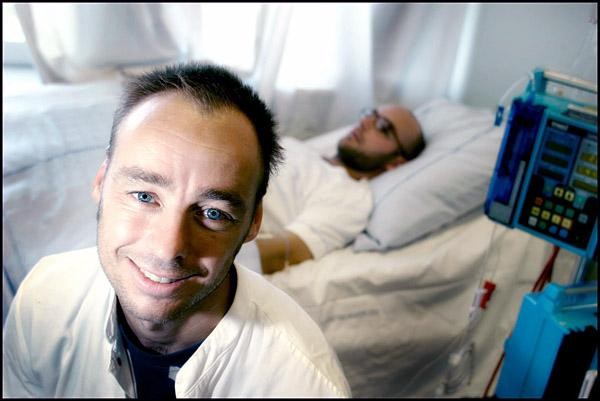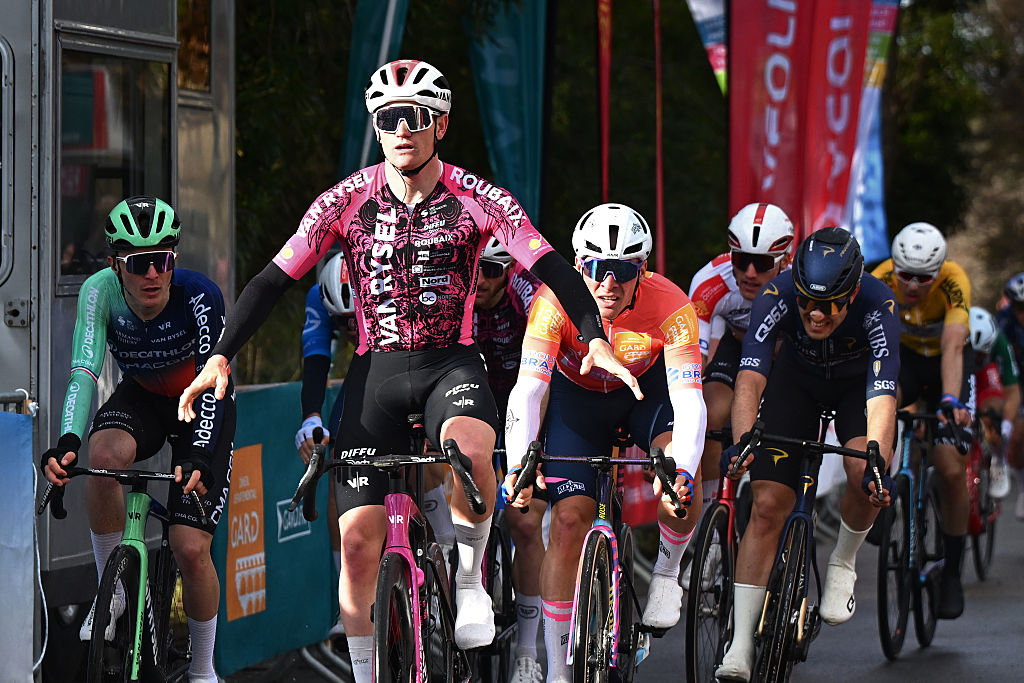Rasmus Damsgaard: The man with the plan
At a time when the sport of cycling was teetering on the brink of imploding under the weight of...
The latest race content, interviews, features, reviews and expert buying guides, direct to your inbox!
You are now subscribed
Your newsletter sign-up was successful

At a time when the sport of cycling was teetering on the brink of imploding under the weight of doping controversy, one team had the foresight to take action, and one man had the vision to make it happen. Born from the 2006 Operación Puerto case, Team CSC's anti-doping program is now becoming the standard for ensuring athletes are racing clean. Cyclingnews' Sabine Sunderland spoke with the author of the program, Danish anti-doping expert Rasmus Damsgaard.
It was just before the 2006 Tour de France that Operación Puerto erupted, and Team CSC's star rider, Ivan Basso, was named in the investigation on the dawn of the race in which he was a favourite to win. Team CSC manager Bjarne Riis was left with the difficult decision to remove Basso from the team's Tour roster and later from the team entirely.
Basso's case was still being tossed around in the courts when CSC announced its ambitious new plan to monitor its riders throughout the season for evidence of doping. Even though the case against Basso was shelved, Riis let Basso go and then focused on protecting the team's sponsorship and reputation by working to institute a radical new plan: a team-funded effort to test its own riders for evidence of doping.
Enter Dr. Rasmus Damsgaard
A team taking an active role in deterring doping, rather than waiting for a rider to get caught and create negative publicity for the sponsors and the sport, was not a new concept. Several French teams had instituted measures to combat doping after the 1998 Tour de France, and the French federation put in place a program (suivi médical longitudinal) which involved quarterly tests which went beyond the UCI's standards.
But with the state of the sport in 2006, the Team CSC program had to go further to convince critics that its riders were clean, and it did so at a huge cost to the team.
The logic of a team spending a large fraction of its budget on anti-doping screens was quite unusual, but after a year in which Basso was quickly snapped up by Discovery Channel, only to have the scandal flare up again and see Basso subsequently admit to his involvement in Puerto, and in which the Tour de France was plagued by multiple doping scandals, the importance of a program like Team CSC's increased. Now, the name Rasmus Damsgaard is at the forefront of cycling's anti-doping efforts.
The latest race content, interviews, features, reviews and expert buying guides, direct to your inbox!
A physician since 1994, Damsgaard actually began his anti-doping work as punishment for refusing to serve in the military. "After working a couple of years as a practitioner, I was called to perform my military duty. I refused and was punished by the authorities," Damsgaard explained. "I was sentenced to community service. As I could choose the type of work myself, I chose a job as assistant in a semi-governmental sport testing centre for the Danish elite athletes."
What began as penance quickly became a passion. "It turned out to be the best time of my (working) life!" The 41 year-old received encouragement to pursue a PhD studying growth and maturation in elite sports children. "The growth and development of children depends on hormones - the same hormones as body builders and some athletes choose to apply to boost performance," he described.
